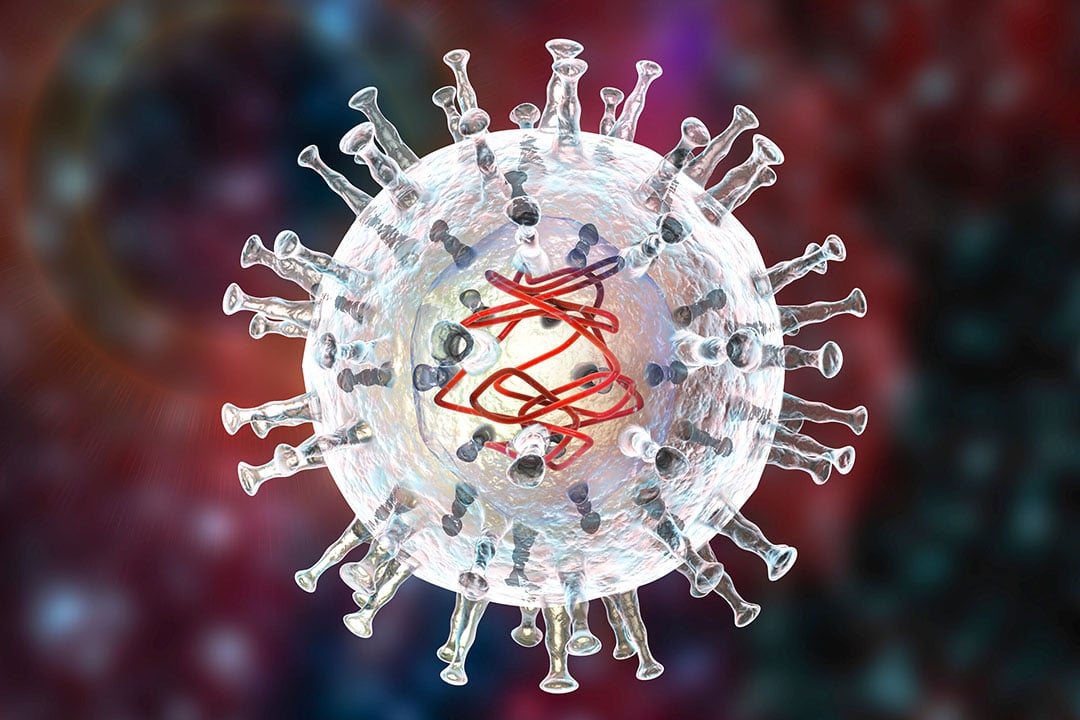November 28, 2025 | 02:53 GMT +7
November 28, 2025 | 02:53 GMT +7
Hotline: 0913.378.918
November 28, 2025 | 02:53 GMT +7
Hotline: 0913.378.918

Photo: Canva
ASF hit Leninsky-2 first. Andrey Bronts, the governor of Primorsk Krai, admitted that to contain the spread of the virus, the entire pig population at the farm had to be destroyed. He estimated that as a result, Primorsk Krai would lose around 12% of its pig herd. The regional statistical office put the total pig population in Primorsk Krai at 461,000 animals.
After that, the regional government admitted an outbreak at the Leninsky-1. Stanislav Krushinsky, head of the regional state veterinary inspection, said that the farms stand only 500 meters away from each other, so such a set of events was to be expected. No additional information on what measures are due to the taken were provided.
“One of the main prerequisites for this situation is the natural spread of ASF in the wild boar population and the lack of biosecurity in private farms. An investigation is underway into the reasons for the penetration of the ASF into the pig farm in cooperation with the veterinary services of the region,” RusAgro said in a follow-up statement, describing the production and financial losses from the outbreaks as insignificant, as the pig farms were insured.
Bronts assured local citizens that, as a result of the outbreak, the regional pork market would not be left in short supply. He also claimed that all necessary steps to prevent the further spread of the virus were taken at the affected farm.
In addition, RusAgro denied reports distributed by some Russian publications that ASF has also been found in feed products. Aleksey Kolobov, a spokesperson for RusAgro, said that no genetic material of the virus was found in samples of pig feed manufactured at the company’s feed mill. He also stated that “pathogen inactivation is ensured by processing the crushed feed mixture with steam at a temperature of 170°C and granulation at 85°C”.
On the other hand, RusAgro admitted that the genetic material of the ASF virus in trace amounts was found in a single sample of meat and bone meal outside the outbreak – the Leninsky 2 pig farm in the village of Mikhailovka. The company said that this sample was not viable and, therefore, could not serve as a source of infection. In addition, the examined batch of raw materials did not come into contact with other components or equipment during feed production.
(PP)

(VAN) A new study reveals how the simultaneous effects of ocean acidification, salinity and loss of oxygen are making the world more fragile.

(VAN) Hopes are growing that the creation of the first 3D turkey gut model could be a turning point in the battle against the virulent blackhead disease.

(VAN) Tyson, America’s biggest meat supplier, plans to shutter one of its largest beef processing plants as the industry continues to struggle with low cattle supplies and political pressure from Washington.

(VAN) New FAO study shows how digital solutions are empowering farmers and fishers to prevent losses and build resilient agrifood systems.

(VAN) Brazil's COP30 presidency pushed through a compromise climate deal on Saturday that would boost finance for poor nations coping with global warming but that omitted any mention of the fossil fuels driving it.

(VAN) Poultry farmers in the UK have been warned that they could face one of the worst winters yet for bird flu.

(VAN) Prices of main-crop paddy have risen sharply, with jasmine rice hitting 16,100 baht per tonne — the highest level in years.